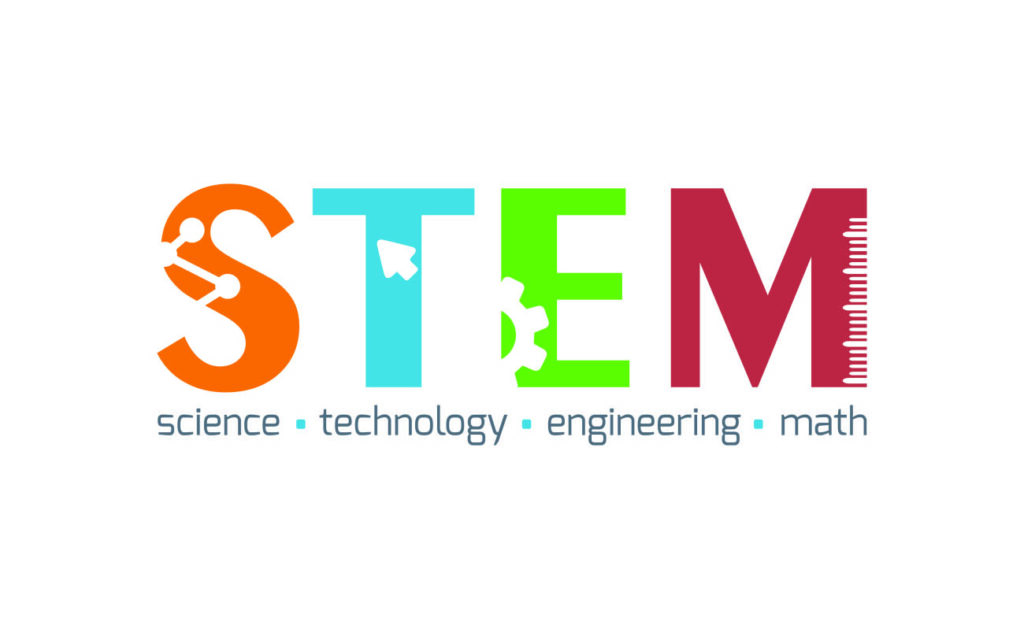
How the future may look in the year 2050
In this article, we will be looking at how some people think the future may evolve over the next 30 years to the year 2050.

We often find that parents are hearing the term “STEM education” and how we incorporate STEM learning into our camps and clubs, but on the whole they do not really know what STEM is and why it is so important to their children’s development and future prospects. In this blog post we will go over what STEM education is and why it is important for your child to benefit from this style of education in the 21st century.
STEM stands for Science, Technology, Engineering and Mathematics. In education, it means the study of these subjects, either exclusively or in combination. In employment, STEM refers to a job requiring the application of science, technology, engineering and mathematics skills or a qualification in a relevant subject, or located in a particular industry or sector.
Since the early 2000s there has been growing concern, including from government, about how to achieve higher productivity and economic growth in an era of rapid technological change. Over time, this has generated the widely held belief that one of the UK’s key economic problems is a shortage of STEM skills in the workforce.

STEM education integrates concepts that are usually taught as separate subjects in different classes and emphasises the application of knowledge to real-life situations. A lesson or unit in a STEM class is typically based around finding a solution to a real-world problem and tends to emphasize project-based learning. Artistic design is becoming an important part of STEM education since creativity is an essential part of innovation. Many STEM lessons involve building models and simulating situations. A good STEM lesson ensures that students understand the connection to the real world which is what we at Next Thing Education always strive to achieve.
Science enables us to develop our interest in, and understanding of, the living, material and physical world and develop the skills of collaboration, research, critical enquiry, experimentation, exploration and discovery.
Engineering is the method of applying scientific and mathematical knowledge to human activity and Technology is what is produced through the application of scientific knowledge to human activity. Together these cover a wide range of fields including business, computing science, chemicals, food, textiles, craft, design, engineering, graphics and applied technologies including those relating to construction, transport, the built environment, biomedical, microbiological and food technology.
All of STEM is underpinned by Mathematics, which includes numeracy, and equips us with the skills and approaches we need to interpret and analyse information, simplify and solve problems, assess risk and make informed decisions. Mathematics and Numeracy develop essential skills and capabilities for life, participation in society and in all jobs, careers and occupations. As well as providing the foundations for STEM, the study and application of mathematics is a vast and critical discipline in itself with far-reaching implications and value.

All of this effort is to meet a need. According to a report by the website STEMconnector.org, by 2018, projections estimate the need for 8.65 million workers in STEM-related jobs. The manufacturing sector faces an alarmingly large shortage of employees with the necessary skills — nearly 600,000. The field of cloud computing alone will have created 1.7 million jobs between 2011 and 2015, according to the report. The U.S. Bureau of Labor Statistics projects that by 2018, the bulk of STEM careers will be:
Computing – 71 percent
Traditional Engineering – 16 percent
Physical sciences – 7 percent
Life sciences – 4 percent
Mathematics – 2 percent
STEM jobs do not all require higher education or even a college degree. Less than half of entry-level STEM jobs require a bachelor’s degree or higher. However, a four-year degree is incredibly helpful with salary — the average advertised starting salary for entry-level STEM jobs with a bachelor’s requirement was 26 percent higher than jobs in the non-STEM fields, according to the STEMconnect report. For every job posting for a bachelor’s degree recipient in a non-STEM field, there were 2.5 entry-level job postings for a bachelor’s degree recipient in a STEM field.
The problem is also seen as a global one as in the United Kingdom, the Royal Academy of Engineering reports that the UK will have to graduate 100,000 STEM students every year until 2020 just to meet demand. According to the report, Germany has a shortage of 210,000 workers in the mathematics, computer science, natural science and technology disciplines.
* Please note that images used in this blog post were taken prior to the Covid-19 pandemic.

In this article, we will be looking at how some people think the future may evolve over the next 30 years to the year 2050.

80% of the global population are literate, the digital revolution has encompassed every aspect of our lives, technology is surging and iPads are fast becoming 2 year olds best friends!